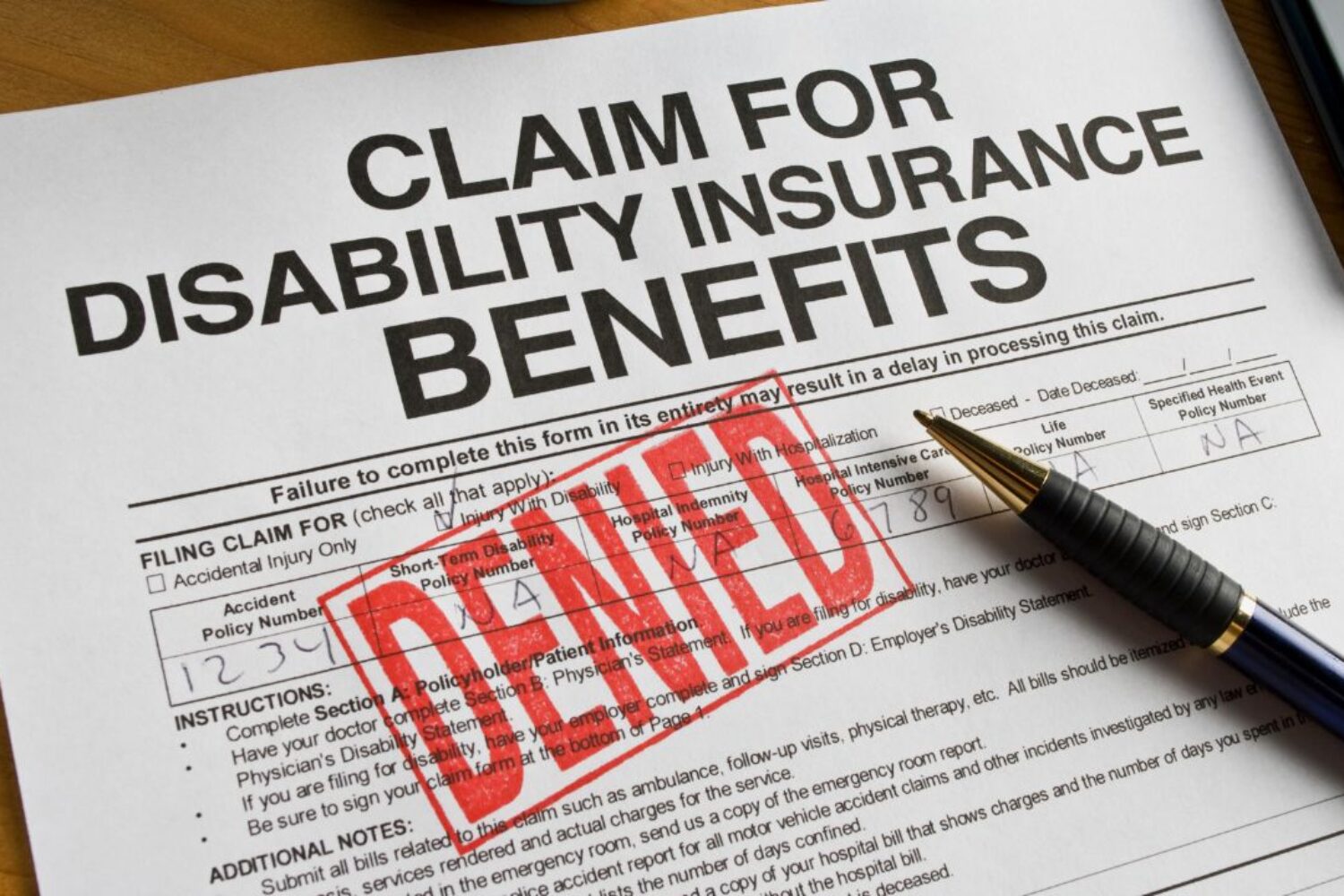Fifteen years ago, on October 3, 2008 Congress passed The Mental Health Parity and Addiction Equity Act (MHPAEA). And in the past fifteen years we have all learned a lot more about mental health than we even knew then, either from personal experience or from what we are learning at work and reading in the news.
The pandemic magnified mental health issues for many and the Gen Zs entering the workforce, we know, are looking for a better balance in their careers.
So why does long-term disability insurance continue to provide disparate coverage for physical health and mental health, a distinction that dates back to the 1960s when mental health was much less understood. In fact, mental health is lumped in with addiction, which I don’t disagree is a form of mental illness, but this is similar to gauging an appendicitis with lung cancer. Because one takes longer to recover from than the other. In fact, it is widely accepted that severe Generalized Anxiety Disorder can take approximately three years to recover from, yet long-term disability insurance caps all mental health disability coverage at two years, except int eh State of Vermont that requires parity across the insurance board.
In the 218th Meeting of the Advisory Council on Employee Welfare and Pension Benefit Plans, which took place in September 2023, the Council stated that when they studied access to employer sponsored LTD benefits in 2012, they did not review mental health coverage or the consideration of MHPAEA. And the insurers pushed back (See the written statement from The American Council of Life Insurers and America’s Health Insurance Plans). Basically they said in order to provide affordable coverage they had to cap mental health disability benefits. Insurers claim that the cap on mental health coverage is in place to save individuals money and that expanding coverage for mental health could increase the policies by up to 20%. So, if long-term disability insurance costs on average $150/employee per month, creating equal coverage for mental health leave would raise it to $180/employee/month, not a that big of a leap. But the majority of statements conveyed that rates would not increase or, if they did, would be between 4-8%. Even less of a leap. (All Written Statements can be found here: https://www.dol.gov/agencies/ebsa/about-ebsa/about-us/erisa-advisory-council).
So if insurers are so concerned about costs, why not consider other options, such as offering two tiers of coverage allowing employees to choose?
It’s like not playing any of these songs on the radio because they are too long:
-
‘The End’ – The Doors (11:43)
-
‘I would Do Anything For Love’ – Meatloaf (12:00)
-
‘Chime’ – Orbital (12:46)
-
‘Weekender’ – Flowered Up (12:53)
-
‘Mogwai Fear Satan’ – Mogwai (16:19)
-
‘Cop Shoot Cop’ – Spiritualized (17:14)
-
‘Sister Ray’ – The Velvet Underground (17:28)
-
‘Elegia’ – New Order (17:30)
-
‘Echoes’ – Pink Floyd (23:35)
-
‘Autobahn’ – Kraftwerk (22:43)
-
‘The Blue Room’ – The Orb (39:58)
Ok, a bit of a stretched logic here, but my point is the insurers are basically saying “I would do anything for love, but I won’t do that”. They won’t extend coverage periods for those that need it most.
With mental health still shrouded in stigma, it’s difficult for people to get proper care for themselves when they have a mental health illness. Symptoms are often still not recognized by the individual allowing them to get care earlier on, and recovery is unclear. Then when they need help the most, insurers say, ‘oh mental health?, you’re coverage is capped at 2 years’, it is another dismissal of the seriousness of their illness.
Going back to MHPAEA, and why it doesn’t close this gap, well, it doesn’t apply to long-term disability insurance. Long-term disability was exempted and so it falls under the Employee Retirement Income Security Act of 1974 (ERISA) which is a federal law that sets minimum standards for ‘most voluntarily established retirement and health plans in private industry to provide protection for individuals in these plans’.
Yet it does not really protect individuals in long-term disability plans because the requirements are extremely insurer friendly. And, when an insurer determines an insured is not disabled, the insured has little recourse. Insurers do not have to provide any advanced notice, and the process for appealing such a decision is long and arduous. For someone with a mental health disability, the insecurity of having no income while the process takes its course can be unbearable. Do a search on the internet to see how many attorneys practice disability law in the US. There are hundreds.
The system needs to change so that people who need coverage and support have access to it. I realize insurance companies are businesses but their business should not be allowed to show you a beautiful area rug and then pull it out from under you when you need it most. That’s a scam.
Insurers can do better and employers can insist on it.
Everyone should be aware of the limitations insurers have set on their LTD benefits.


